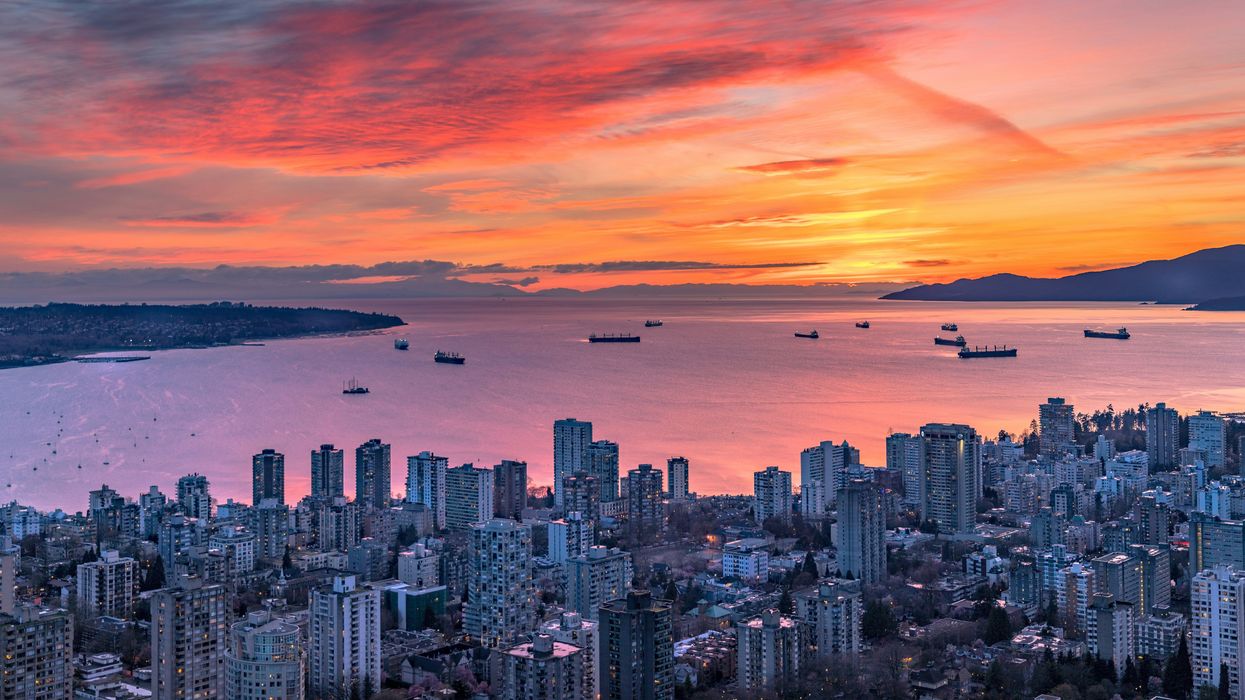Daylight saving time is ending this week — Here's when clocks 'fall back' in Canada
Enjoy those post-6 p.m. sunsets while you can. 🥲

Daylight saving time 2024 is ending and clocks "fall back" this weekend.
As the end of October nears, so does the end of daylight saving time 2024, and Canadians are getting ready to turn their clocks back for the semiannual time change.
Daylight saving time (DST) will officially wrap up this week, signalling that it's once again time to "fall back." This change means we'll be losing an hour of daylight in the evenings, but hey — at least the silver lining is that we all get a little extra sleep this weekend.
So, when exactly do clocks go back? This year, daylight saving time will end at 2 a.m. this Sunday, November 3. At that time, clocks will "fall back" by one hour, shifting everyone in most of Canada into standard time for the winter months. So don't forget to check your clocks that don't update automatically — like the ones in your oven, microwave and car!
When does the time change?
Daylight saving time 2024 ends on Sunday, November 3 at 2 a.m., when the clocks will "fall back" by one hour — giving you an extra hour of sleep on Sunday morning.
Most parts of the country will remain on standard time until the spring, when clocks will "spring forward" to daylight saving time again on Sunday, March 9, 2025.
Why do the clocks change?
Daylight saving time started as a way to maximize daylight during the summer. Now, most of Canada follows the routine of springing forward in March and falling back in November, giving people an extra hour of sunlight in the evening through the warmer months.
Do clocks go forward or back?
In November, the clocks will fall back, meaning you'll turn your clocks back by one hour — giving you that welcome extra hour of sleep! In the spring, they'll spring forward again.
Which province does not change time?
Most of Canada will switch back this weekend, but not every region participates in the time change. Saskatchewan sticks to Central Standard Time (CST) all year, even though it's technically in the Mountain Time Zone. Yukon also stays on Mountain Standard Time (MST) year-round, having stopped observing DST in 2020.
Some cities and communities across the country also choose to skip the clock changes, maintaining the same time year-round.
Is Canada getting rid of daylight saving time?
Some provinces are looking to make daylight saving time permanent. Ontario, for instance, passed a bill in 2020 that would keep daylight saving year-round, but it's waiting for neighbouring regions like Quebec and New York State to join to avoid disrupting schedules across borders.
Meanwhile, while the U.S. Senate passed the Sunshine Protection Act in 2022 to make daylight time permanent, the change hasn't become law yet. If it eventually passes, Canada might follow suit, but for now, DST changes will continue twice a year.
So, set a reminder to fall back this weekend, and enjoy the extra hour of sleep!
AI tools may have been used to support the creation or distribution of this content; however, it has been carefully edited and fact-checked by a member of Narcity's Editorial team. For more information on our use of AI, please visit our Editorial Standards page.